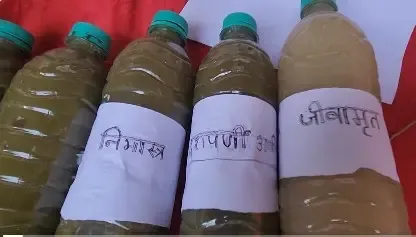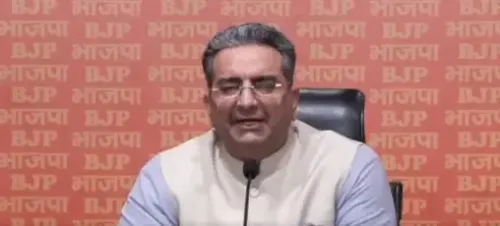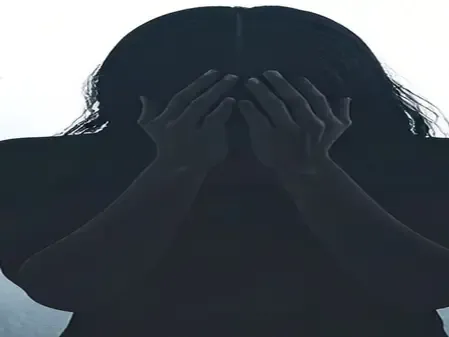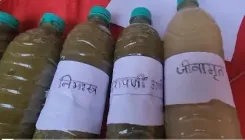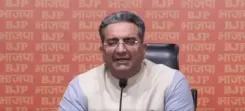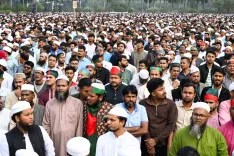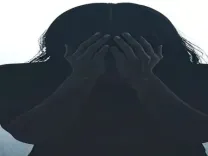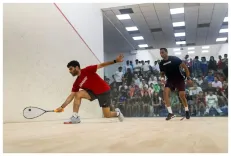What Will the SC Do About Untruthful Witnesses in Criminal Trials?
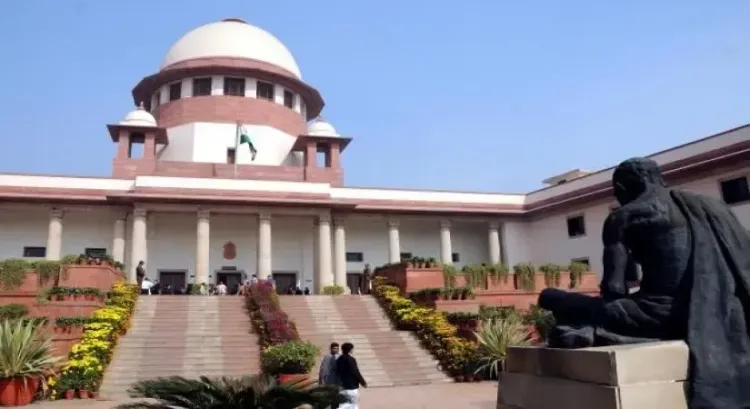
Synopsis
Key Takeaways
- The Supreme Court issues a warning to witnesses misleading trials.
- Trial courts are mandated to take strict action against dishonest testimonies.
- Witness protection is emphasized to prevent intimidation.
- The integrity of the judicial process is crucial for justice.
- Upcoming hearings are set for December 11.
New Delhi, Oct 23 (NationPress) The Supreme Court has issued a strong warning to witnesses who attempt to deceive trial proceedings in criminal cases, mandating that the trial court address such behaviors with serious consequences.
The court emphasized the need to maintain the integrity of the judicial process, with Justices Ahsanuddin Amanullah and N.V. Anjaria stating: "If the trial court discovers that any witness has taken sides in their testimony without being honest with the court, the court shall take suo motu cognizance of such behavior and initiate action against them individually."
This statement was made following claims by senior advocate Vipin Sanghi, who represented the petitioner, stating that three private prosecution witnesses had turned hostile after the release of the accused/respondent no.2. Sanghi remarked that this situation "speaks volumes about the conduct of the respondent."
Senior advocate Mukta Gupta, defending the accused, strongly refuted these allegations. Nevertheless, the apex court expressed concern regarding potential influence on witnesses.
Justice Amanullah's Bench also underscored the importance of fairness, directing that the remaining official witnesses — two doctors and Forensic Science Laboratory (FSL) officials — should provide their testimonies "under full police protection, ensuring that they are not intimidated or influenced in any way."
"Considering that all private witnesses have been examined, and only the two doctors and FSL officials remain, we instruct the learned Senior Advocate for the respondent no.1 (State) to guarantee that the remaining witnesses provide their testimonies under comprehensive police protection, free from intimidation or influence," the apex court declared.
It further mandated that these instructions be "communicated to the relevant witnesses prior to their depositions." The case is scheduled for further hearings on December 11.


